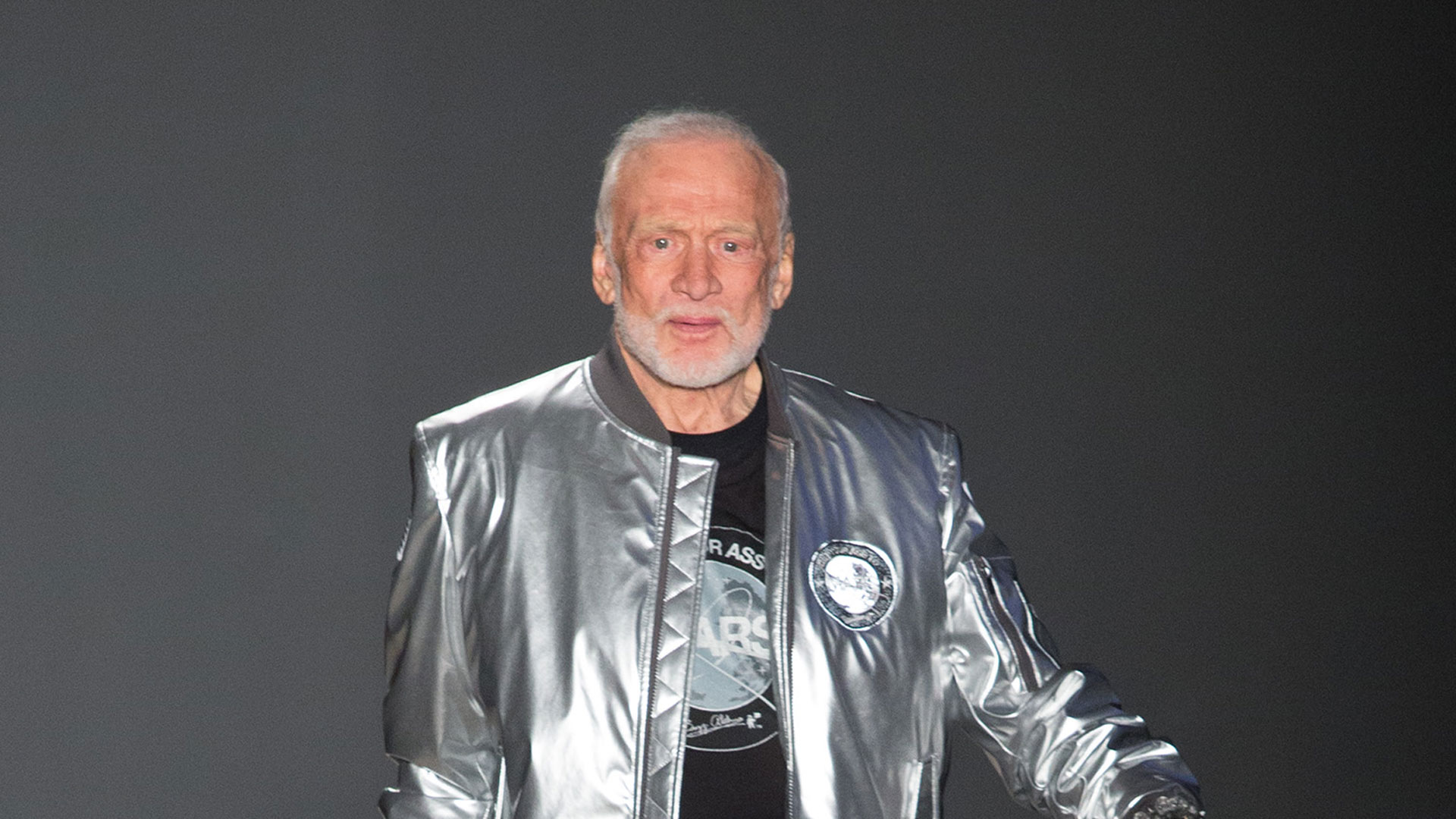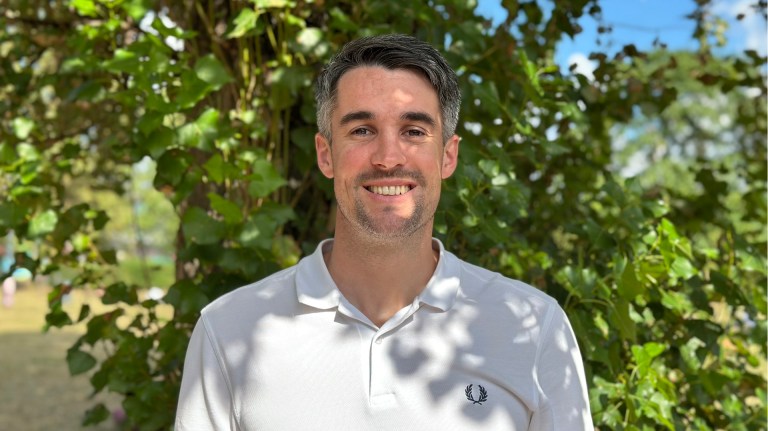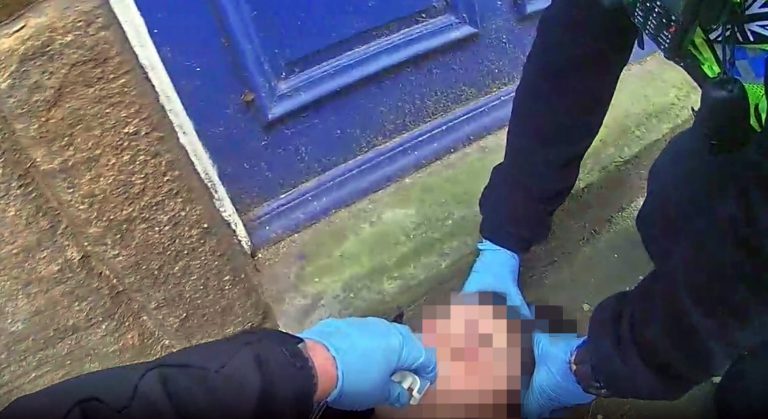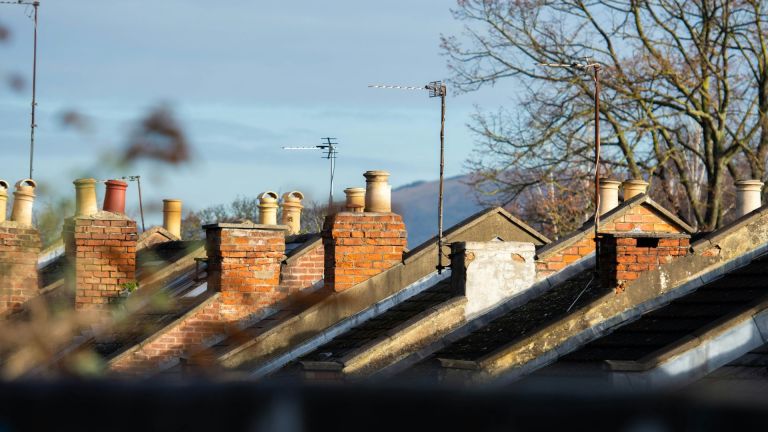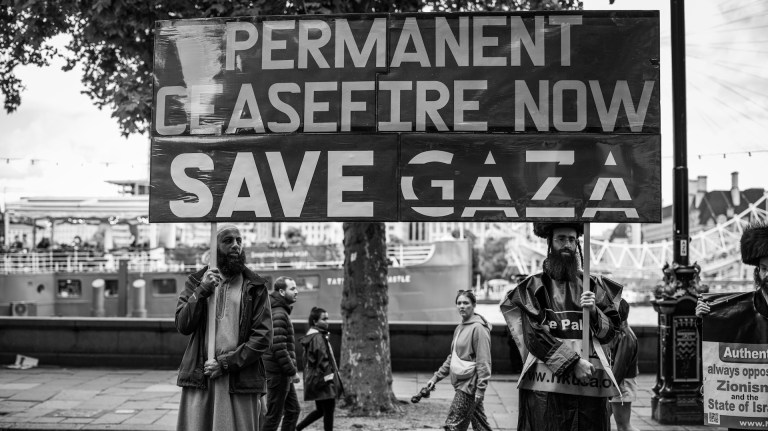When I was a teenager I had decided my academic performance was good. Because of my father’s aviation pioneering from 1919 to World War II I wanted to fly airplanes, and the best way to do that in 1945 seemed to be through the military academy. I graduated third in my class from West Point during the Korean War so, when I completed pilot training, I was sent to Korea for air combat. I flew 66 missions and shot down two aircraft.
I was quite immature socially when I was 16. I wasn’t shy but I wasn’t a ladies man in high school. My father was a role model because of what he had done but not because he cultivated a relationship with his son. He wasn’t too good at that. When he was away during the war my mother and my two older sisters were dominant in the house. I think I was close to my mother. She went to my football games.
I wasn’t immediately taken with the idea of space travel. I was in Germany flying supersonic F100s in 1957, the year of Sputnik. We were on nuclear alert in case the Soviet Union invaded Europe. Sputnik going over our heads – neek-neek-neek – was not of much interest. But in 1959, Life magazine showed pictures of the Mercury spacecraft and talked about selecting the first astronauts. I hadn’t trained as a test pilot so I didn’t think I’d be eligible. But in 1963 Nasa relaxed the requirements and focused more on academic achievements, which put me near the top of the list.
We knew we might be prevented from successfully landing but we thought we’d still be able to abort and get back to Earth
It was a combination of unforeseen changes and tragedies that opened up opportunities for me and Neil Armstrong to walk on the Moon. I wasn’t scheduled to fly in the [preparatory] Gemini programme but an accident that killed two astronauts moved me on there. I was then involved in a very successful space-walking mission so I knew I was in a good position. After the Apollo 1 fire in 1967 that killed three astronauts, including my friend Ed White, the shuffling around resulted in me, along with Neil Armstrong, being assigned to the Apollo 11 mission.
Apollo was probably the most intensely trained-for mission. We had an hour-by-hour timeline. I think we felt very confident about it. I had been in combat in 1953 and dealing with emergencies was common. You learned to accept what may happen or you got into another business. We knew we might be prevented from successfully landing but we thought we’d still be able to abort and get back to Earth. We thought we had about a 60 per cent chance of landing but over a 90 per cent chance of coming back safely even if we didn’t land.
Each flight designs their own symbolic patch. I was interested in finding something special and symbolic about humans going to land on the Moon for the first time. I couldn’t come up with something individual but we finally came up with the idea of using the symbol of our country, the eagle, looking ready to land on the Moon, with an image of Earth behind it. It was suggested the eagle carry an olive branch in his beak, an image of peace. But that was rejected because it looked too aggressive, with the open claws of the eagle reaching out for the Moon. So we put the olive branch in its claws and that’s how the badge ended up. And, of course, Neil and I agreed that we would name the spacecraft Eagle.
